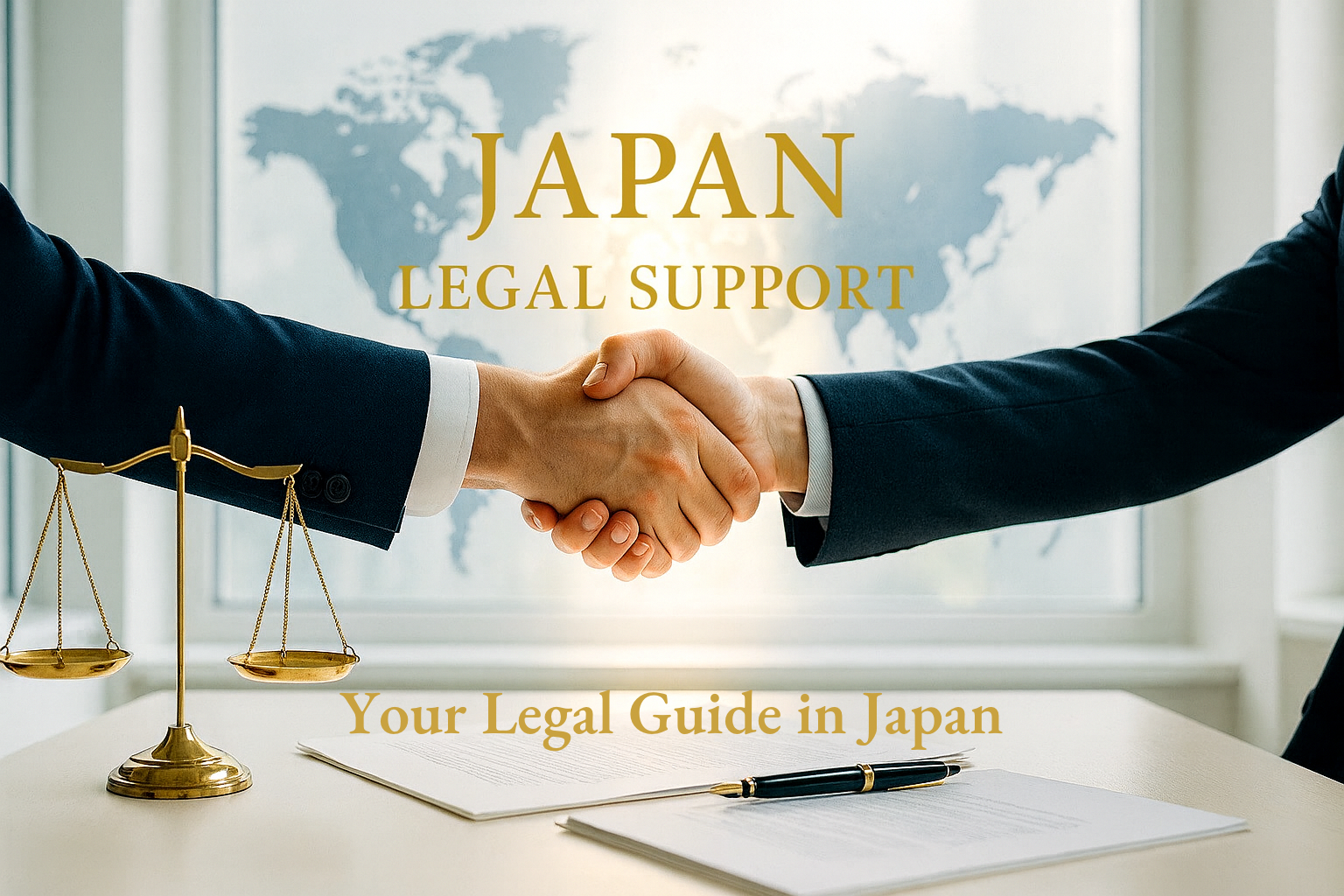Introduction
If you live in Japan, you pay consumption tax (消費税 / Shohizei) almost every day—when buying groceries, eating at restaurants, or shopping online.
It’s one of the simplest taxes in Japan for individuals, but also one of the most misunderstood.
This guide explains what it is, when you pay it, and what exceptions or exemptions exist.
What is Consumption Tax?
Consumption tax is a value-added tax (VAT) that applies to most goods and services in Japan.
It’s included in the final price you pay at stores, restaurants, or online shops—so you usually don’t need to calculate it yourself.
As of 2025, Japan has two tax rates:
- 10% (2025) — standard rate, applied to most goods and services
- 8% (2025) — reduced rate, applied to food and non-alcoholic beverages for take-home, and newspaper subscriptions (issued twice or more per week)
💡Tip: When you’re at a convenience store and asked “Eat in or take out?”, that’s why—the rate changes depending on your answer.
When and Where You Pay It
You’ll pay consumption tax in almost every purchase in Japan:
- Supermarkets and convenience stores: 8% (take-home food/drinks), 10% (alcohol or eat-in)
- Restaurants, cafés, catering: 10%
- Online shopping and household goods: 10%
- Vending machines: 10%
- Utilities and phone bills: 10%
- Public transportation tickets: already include consumption tax in the fare
💡In Japan, prices are usually displayed as “tax included (税込 / zeikomi)”, but sometimes you may see “tax excluded (税抜 / zeinuki)”—especially online or at restaurants.
Check which one it is before comparing prices.
When You Might Not Pay Consumption Tax
There are a few exceptions where consumption tax does not apply or is exempt:
- Medical services: Visits to hospitals or clinics covered by health insurance are tax-free.
- School tuition and entrance fees: Not subject to consumption tax.
- Residential rent: Ordinary apartment rent for living (not business) is tax-free.
- International flights: Airfare for overseas routes is tax-exempt.
💡In short: everyday living essentials like medical care, education, and rent are not taxed—but daily spending like food, transport, and shopping are.
“Tax-Free” Shops — For Tourists, Not Residents
If you’ve seen “TAX-FREE” signs in shopping areas, they apply only to short-term visitors (non-residents).
Foreign residents in Japan—those with a residence card—cannot use tax-free shopping, even if they hold a foreign passport.
Those “tax-free” stores refund consumption tax only to travelers who will take the goods out of Japan within 30 days.
As a resident, you’ll always pay consumption tax normally at checkout.
Common Questions (FAQ)
Q1: Why do some foods have 8% and others 10%?
A: The 8% rate applies only to food and non-alcoholic drinks purchased for take-home.
Eating inside, alcohol, or restaurant service is 10%.
Q2: Why does the cashier ask “eat in or take out”?
A: Because the tax rate changes—8% for takeout, 10% for eat-in.
Q3: Are utilities and phone bills taxed?
A: Yes, both electricity, gas, water, and mobile/internet bills include 10% consumption tax.
Q4: Do I have to file anything for consumption tax?
A: No. For individuals, the tax is already included in the prices you pay.
Only businesses may need to file separately.
Q5: Can I shop tax-free as a foreign resident?
A: It depends. Japan’s tax-free shopping is mainly for short-term visitors who will take the purchased goods out of Japan.
If you live in Japan with a resident status (like Engineer, Student, or Spouse), you’re not eligible, even if you hold a foreign passport.
Conclusion
Consumption tax in Japan is simple for individuals: you pay 10% (2025) on most goods and services, and 8% (2025) for take-home food and non-alcoholic drinks.
Just remember—the “tax-free” signs you see are for tourists, not residents.
Understanding this will help you budget more accurately for daily life in Japan.
👉 Related: [Taxes in Japan: A Complete Guide]
👉 Related: [Living and Working in Japan: First Steps]
Note: This article is written for foreigners living in Japan or planning to move to Japan. Conditions and requirements may vary depending on individual circumstances.




